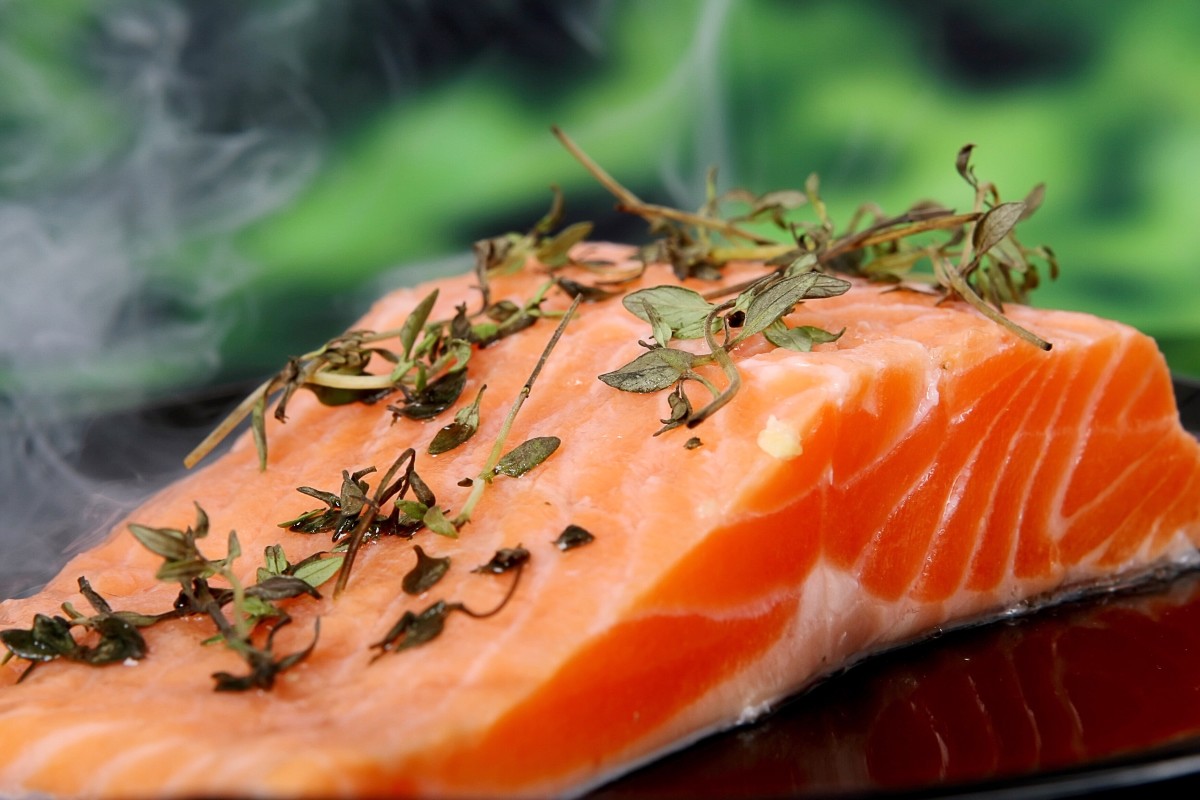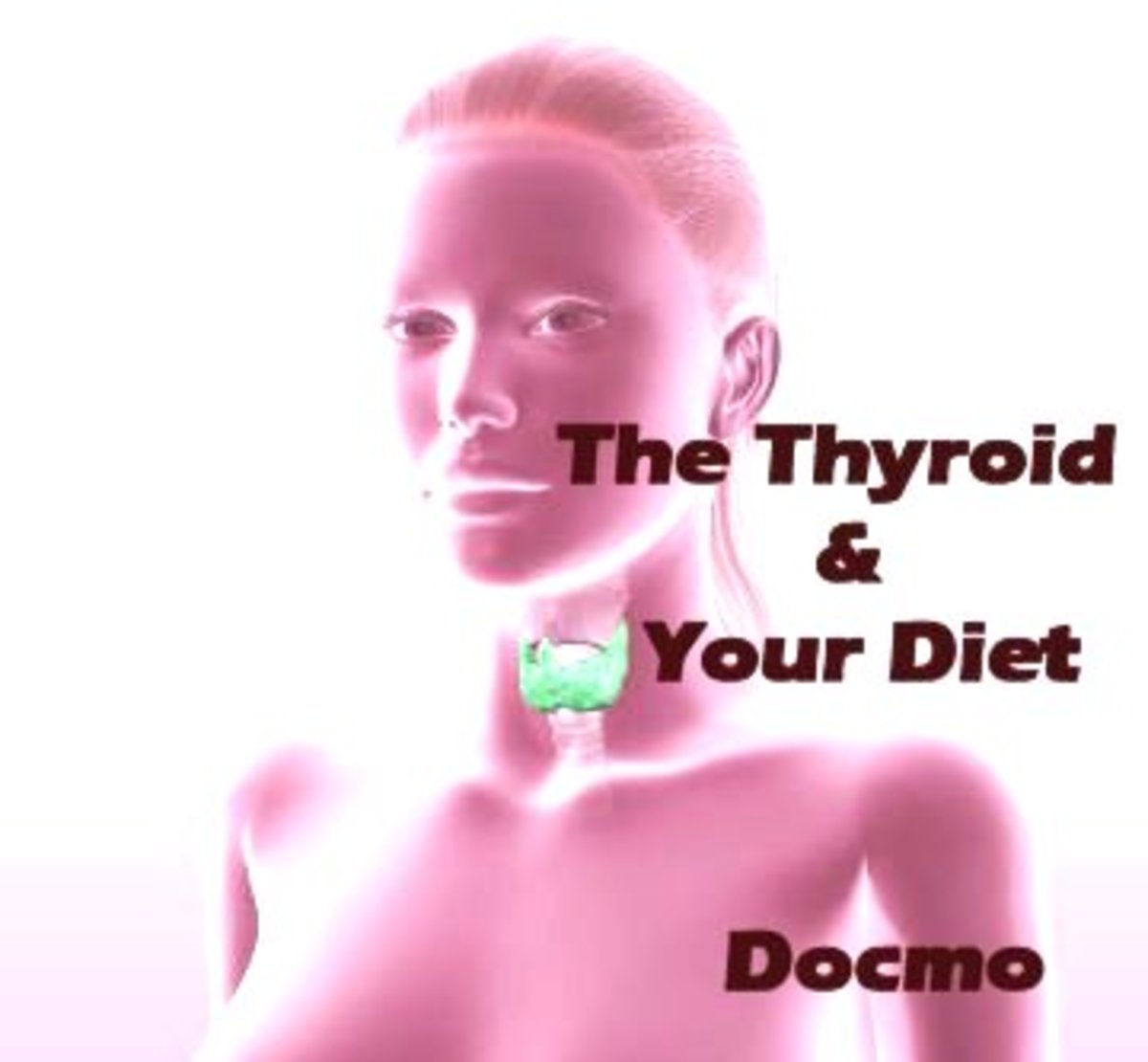Healthy Nutrients For The Brain
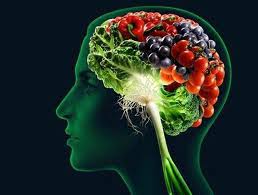
Feed Your Brain
Your daily diet, believe it or not, has a direct effect on the functioning of your brain. There are foods out there that improve your concentration. Other foods aid memory. Yet others improve your ability to solve problems. Food can also generate hormones that stabilize mood in order to enhance concentration.
Certain nutrients help the brain function better. These nutrients can be found in a variety of foods.
Choline
Choline is a fat-like substance that is related to the B vitamins. The brain converts choline to acetylcholine, a neurotransmitter linked to memory and cognitive function. As you age, it is particularly important to increase your intake of choline because N-acetyltransferase, an enzyme needed to produce acetylcholine, declines as we get older. People with Alzheimer's disease have significantly reduced levels of acetylcholine.

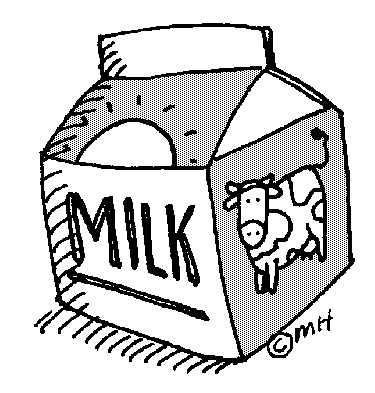
In several studies, animals given choline-enhanced diets were able to form new long-term memories more efficiently. Even though it is still not substantiated that supplemental choline will be beneficial to humans, it is important to continue to feed your brain for normal functioning. A choline-rich diet plays a role in preserving brain function in people with neurological diseases.
High choline foods include:
- egg yolks
- dairy
- soy
- beef
- liver
- wheat germ
- oatmeal
- brown rice
- peanuts
- fish

Vitamin B-12
Vitamin B-12 produces myelin the layer of sheathing on nerve cells. A lack of B-12 in your system can cause impaired transmission of nerve signals. In addition, memory and other cognitive functions may also suffer. Vitamin B-12 inhibits activity of monoamine oxidase (MAO), which is an enzyme that breaks down brain chemicals. Alzheimer's patients given supplemental B-12 have improved memory and communication skills.
High vitamin B-12 foods include:
- liver
- red meat
- eggs
- dairy
A daily mutli-vitamin is recommended to be assured the daily dose. Those who follow a vegan diet should aupplement with six micrograms of B-12 a day.
Amino Acids
Amino acids in the brain are there for regulation purposes. Amino acids are the 20 different building blocks of protein. Nine of them can only be derived through diet. If you eat a well balanced meal, you generally get all the amino acids you need, The important amino acids include:
- tyrosine ~ involved in alertness
- phenylalanine ~ linked to memory
- methionine ~ involved in motivation and focus
High amino acids foods include:
- beef
- chicken
- fish
- dairy
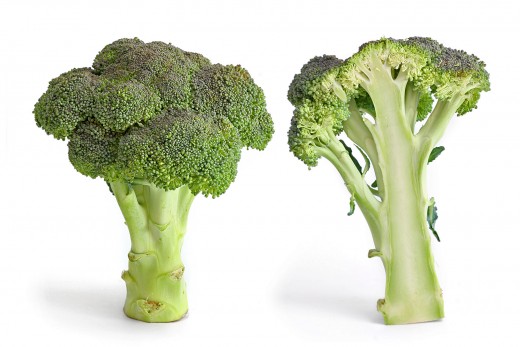
Folic Acid
Folic acid belongs in the vitamin B family It affects brain function. Patients with dementia or other mental disorders have been found to have lowered levels of folic acid. Folic acid deficiencies have been linked with decline in memory and abstract thinking abilities.
High folic acid foods include:
- asparagus
- leafy green vegetables ~ spinach
- lentils
- wheat
- fortified cereals
- meat
- broccoli
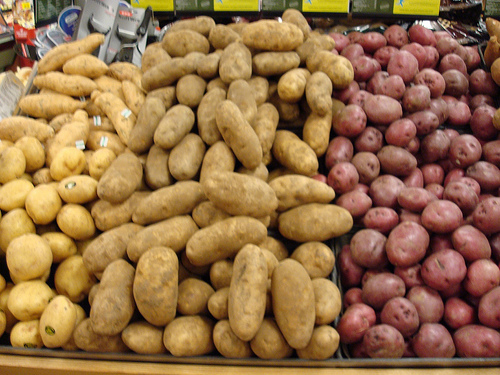
Vitamin C
Vitamin C plays a role in modulating physical and emotional stress. The brain is a repository of vitamin C. When you are stressed out, cortisol levels are elevated. This elevation can cause damage to brain cells in the hippocampus, which is involved with memory. Vitamin C is an antioxidant that can minimize physical stress to the brain such as smoking, alcohol consumption, and air pollution.
Vitamin C is also useful in that it assists in the production of neurotransmitters and participates in the processing of glucose. The brain depends on glucose as its primary fuel.
High Vitamin C foods include:
- citrus fruits and juices
- tomatoes
- strawberries
- potatoes
Complex Carbohydrates
The brain's primary fuel source is glucose, derived from the breaking down of complex carbohydrates. Glucose provides the brain with energy needed for concentration and other cognitive functions. Glucose also enhances memory and has been found to improve performance on standardized tests.
One caution: avoid sugar as the way to get complex carbohydrates into your system.
High complex carbohydrates foods include:
- whole grains
- legumes
- fruits
- vegetables
Balance
The key to a healthy brain and healthy lifestyle overall is eating a well-balanced diet. Stay away from extremes and make sure your diet contains some brain-healthy foods.
The Top 5 Brain Foods

My Other Brainy Hubs
- The Healthy Brain
What are the best ways to take care of your brain and keep it healthy? There are many things you can do such as watching your diet and exercising your brain with crossword puzzles. - Male And Female Brains: Similarities and Differences
Men and women have different brains, both structurally and chemically. Understanding some of these differences might explain why your spouse or significant other frustrates you.




